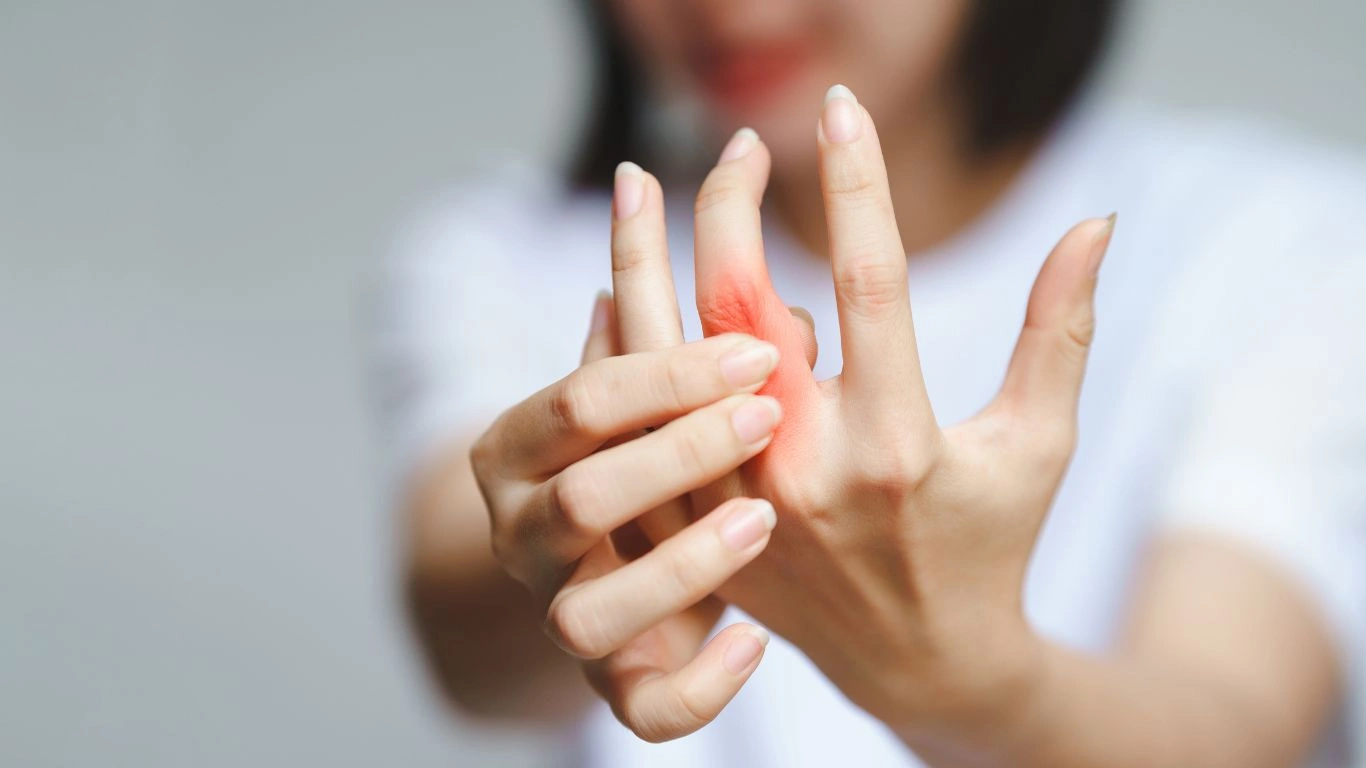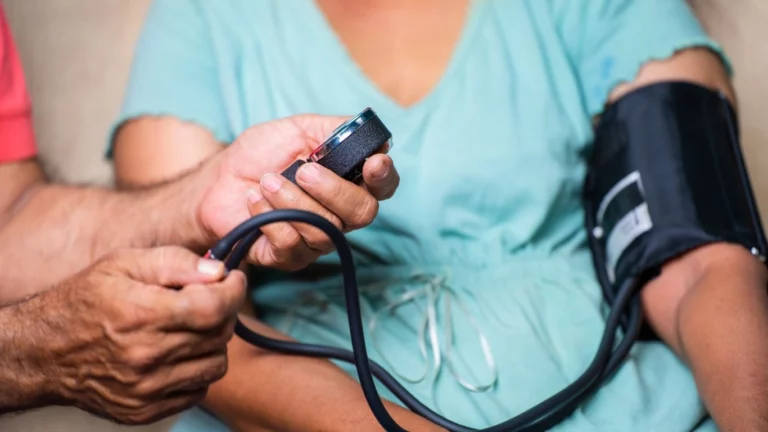Why Rheumatoid Arthritis Can Make Mornings Painful and What Helps
Waking up with stiff, aching joints isn’t the best way to start your day. If this happens often, especially in the morning, you might be wondering what’s going on. One possible cause is rheumatoid arthritis (RA), a chronic autoimmune condition that can affect how your joints feel and function. Morning body aches can be a sign that your immune system is working overtime in the wrong way.
Understanding Rheumatoid Arthritis and Your Joints
Rheumatoid arthritis is an autoimmune disease. This means your immune system, which usually fights off infections, mistakenly attacks your own body. In RA, it targets the lining of your joints, called the synovium.
Your joints are where two bones meet. The ends of these bones are covered in smooth cartilage, and the joint is surrounded by the synovium. This lining helps keep your joints lubricated and moving smoothly. In RA, inflammation causes this lining to thicken and swell, leading to pain and stiffness.
RA usually starts in the smaller joints, like those in your hands, wrists, or feet. Over time, it can affect larger joints and even cause joint damage if not treated.
How Rheumatoid Arthritis Causes Morning Aches
Morning stiffness is one of the hallmark symptoms of RA. It happens because inflammation builds up in your joints overnight while you’re resting. You may notice your joints feel stiff, sore, or hard to move when you first wake up.
Inflammation from RA doesn’t shut off at night. In fact, the body’s natural anti-inflammatory signals are lower during sleep, which can make morning symptoms worse. It’s also common to feel fatigue, like your body has been fighting a battle while you were asleep — because in a way, it has.
Unlike stiffness from aging or minor overuse, RA-related morning aches often last longer — usually more than 30 minutes and sometimes hours.
Common Symptoms of RA and Morning Body Aches
- Joint stiffness – especially in the morning or after resting
- Swollen joints – may look puffy or feel warm to the touch
- Fatigue – feeling unusually tired, even after a full night’s sleep
- Low-grade fever – your body’s immune system is in active mode
- Joint pain – often in symmetrical joints (like both wrists or both knees)
- Reduced range of motion – difficulty bending or straightening joints
Some people also experience weight loss or loss of appetite. Over time, untreated RA can lead to joint deformities and disability. But early treatment can make a big difference.
If you’re feeling stiff and achy every morning for more than a few weeks, it’s worth checking in with your doctor. Don’t ignore persistent symptoms, especially if they’re affecting your quality of life.
What Causes Morning Aches in RA?
Several factors contribute to those uncomfortable morning symptoms:
- Inflammation buildup overnight – Your immune system activity doesn’t “sleep” when you do.
- Lack of movement – Staying still while you sleep allows joints to stiffen up.
- Flare-ups – RA symptoms can come and go. During a flare, aches tend to be worse.
- Sleep problems – Pain and discomfort may disrupt your sleep, making mornings harder.
Other autoimmune or inflammatory conditions like lupus or fibromyalgia can also cause morning stiffness. It’s important to get the right diagnosis so you can start the best treatment plan for you.
Everyone’s experience with RA is a little different. Tracking your symptoms and noting when they occur can help your doctor figure out what’s going on.
Tips to Ease Morning Body Aches
While RA is a chronic condition, there are ways to manage morning discomfort and improve how you feel day to day:
- Use a heating pad – Warmth can relax stiff joints. Try a heating pad or warm shower first thing in the morning.
- Stretch gently – Light range-of-motion exercises help get your joints moving.
- Plan morning meds – Some people take their medication an hour before getting out of bed (ask your doctor).
- Stay active during the day – Regular movement helps keep joints flexible over time.
- Anti-inflammatory diet – Eating foods rich in omega-3s (like salmon or flaxseed) may reduce joint inflammation.
Talk to a rheumatologist about medications that can slow down the disease and prevent joint damage. These include disease-modifying antirheumatic drugs (DMARDs) and biologics. Don’t wait until the pain becomes unbearable — early treatment is key.
When to See a Doctor
If your morning aches:
- Last more than 30–60 minutes most days
- Are joined by swelling, warmth, or redness in the joints
- Are getting worse, not better, over time
- Come with fatigue, low-grade fever, or weight loss
Then it’s time to make an appointment. You might need blood tests or imaging scans to check for signs of inflammation or joint damage. The earlier RA is diagnosed, the better your chances of managing it well and avoiding long-term problems.
Remember, not all joint stiffness is due to RA. Other conditions like osteoarthritis, lupus, or even viral infections can cause similar symptoms. A proper diagnosis is the first step toward feeling better.
Takeaway
Waking up sore and stiff isn’t just part of getting older — especially if it lasts more than a few minutes each day. Rheumatoid arthritis is a serious but manageable condition that affects how your joints function. Morning aches can be an early warning sign that your immune system is overactive.
The good news? Many people with RA live full, active lives thanks to the right treatment and lifestyle habits. Pay attention to your symptoms, and don’t hesitate to ask your doctor for help. Your mornings — and your health — can get better with the right support.

Tarra Nugroho is a dedicated Nurse Practitioner with a strong foundation in family and preventive care. She brings both compassion and clinical expertise to her practice, focusing on patient-centered care and health education. As a contributor to Healthusias.com, Tarra translates medical knowledge into clear, empowering articles on topics like women’s health, chronic disease management, and lifestyle medicine. Her mission is simple: help people feel seen, heard, and informed—both in the clinic and through the content she creates. When she’s not caring for patients, Tarra enjoys weekend hikes, plant-based cooking, and curling up with a good health podcast.







